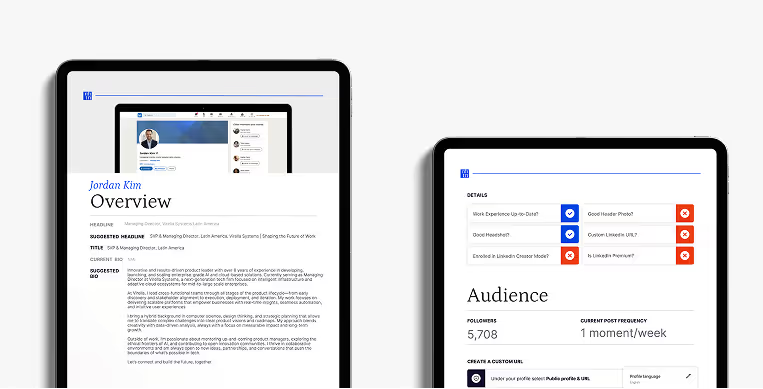
Generative Engine Optimization (GEO) is the practice of optimizing digital content so it is accurately represented and featured in generative AI engines such as ChatGPT, Google Gemini or Microsoft Copilot.
Unlike traditional search engines, which display a list of ranked links, generative engines provide direct answers to user queries by synthesizing information from multiple sources into coherent and conversational responses.
GEO strategy represents a shift towards optimizing content that generative AI models select and use directly in their answers to significantly influence digital visibility in an AI-driven landscape.
Why GEO Matters
Generative AI is transforming how users find and consume information online. Increasingly, users receive synthesized answers directly in the results page without ever clicking through to a website.
This shift means:
- GEO is about becoming the answer users see, not just a clickable link.
- Optimizing for GEO ensures your content is the source that generative engines cite, even if the user never visits your page.
Core Strategies for Effective GEO
To leverage GEO effectively, marketers and content creators should focus on four pillars:
- Natural, conversational language: Align content with how generative engines interpret queries
- Depth and topical authority: Provide comprehensive, well-researched information that AI deems trustworthy.
- Structured data optimization: Use standards like Schema.org so AI can extract and use your content accurately.
- Consistent updates: Keep content refreshed and relevant, since generative engines favor up-to-date sources.
The Future of GEO
As generative AI tools become more advanced, GEO will evolve to include deeper semantic and contextual integration. Stay ahead by adapting your strategies as AI-generated answer best practices continue to evolve.
In the webinar “The GEO: How B2B Marketers Can Win Visibility in the AI Era,” hosted by Walker Sands, experts noted that “AI is shifting decision-making earlier in the funnel, often before vendors are directly engaged.” The session also revealed that "90% of B2B buyers are now using Generative AI at some point in their buying journey."
A Bain & Company study found that 80% of search users rely on AI-generated summaries for at least 40% of their searches, contributing to a 15–25% drop in traditional website traffic. Furthermore, the study notes that roughly 60% of search queries now end without the user clicking through to any website.
Forbes reports that companies without an AI visibility strategy are already experiencing double-digit declines in search traffic, as more users get their answers directly from AI tools rather than traditional search engines.
Organizations that adopt GEO early will:
- Be better positioned to capitalize on AI-driven search trends
- Maintain visibility and relevance as user experiences shift toward AI-generated answers
Final Takeaways
Generative Engine Optimization is becoming essential to digital strategy. By adapting content for AI-driven platforms, your brand remains visible, credible and competitive in the evolving search landscape.

.png)
.png)
.png)
.png)

